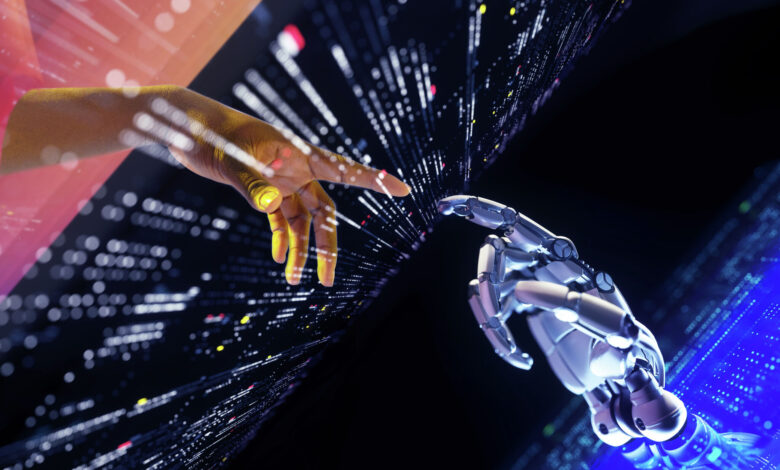Will Tech Valley become an artificial intelligence hub?

ALBANY — With the GlobalFoundries microchip plant in Malta and SUNY Polytechnic’s nanotechnology lab in Albany, the Capital Region has in the last decade earned the moniker “Tech Valley,” shorthand for a region where cutting-edge computer chips are developed and manufactured.
Now, leaders of two area colleges would like to build on that and create a hub for work in the artificial intelligence field, in which super computers can learn, think and possibly, someday, reason for themselves.
“We have a lot of people in the area,” said James Hendler, director of the Future of Computing Institute at Rensselaer Polytechnic Institute in Troy.
Planners at RPI and the University at Albany have started exploring the concept of working together on an AI hub, which could be a clearinghouse for training and researching artificial intelligence, Hendler said.
Article continues below this ad
His remarks came during a presentation earlier this week on the use of Artificial Intelligence put on by the Business Council of New York State.
AI has been in the news quite a bit since November 2022, when OpenAI, a San Francisco-based research firm released Chat GPT, the first widely available AI web tool. In the months that followed it became the world’s most widely visited website. Since then, newer versions of the original Chat GPT have been launched as have AI competitors from Google, Microsoft and others.
Rather than simply scraping the internet for search words or terms that one enters on a search engine, AI machines can contextualize queries and provide long answers to a question.
“We’ve never seen anything like it,” said Shelly Palmer, an AI expert who spoke to the gathering at Albany’s Capital Center.
Article continues below this ad
Instead of pulling a list of related items from the web when queried, AI, when enough information is input, can anticipate what a user wants to see.
One example, Palmer said, could be seen in the hugely popular but controversial Tik Tok social media site. The site “curates” what its user preferences are by tracking countless aspects of each user’s viewing habits and patterns.
Palmer who is a consultant and the professor of advanced media-in-residence at S.I. Newhouse School of Public Communications at Syracuse University, said AI is already being used widely in the business world and will become prevalent in the workplace faster than many people expect.
AI can be used in myriad ways and by many industries. For example, advertising firms can use it to develop advertising campaigns; developers can use it to create project bids; and software programmers can use it to build software systems.
Article continues below this ad
“We’re co-writing everything on machines now,” Palmer said. “It’s going to be open on your desk every day.”
Palmer also stressed that fears of AI taking people’s jobs are off target.
“You’re not going to lose your job,” he said. “You’re going to lose your job to someone who uses AI better than you.”
AI isn’t perfect: It can inexplicably stumble over simple math problems and can spit out blatantly false information, thus the need for human verification of what it produces.
Article continues below this ad
For that reason, Hendler and Palmer stressed that human expertise or subject matter knowledge is still vital for harnessing AI effectively.
AI may have limiting factors, perhaps most notably, the ever-increasing amounts of electricity required to power the ever-larger computers and cloud servers needed to run AI machines.
The mastermind behind Chat GPT, Sam Altman, has predicted that, by the eighth iteration, or Chat GPT 8, the machine would require all of the U.S.’ electric power output to run, Palmer said. Chat GPT is currently running version 4.
Progress of AI will therefore require breakthroughs in energy production, such as looking to space-based solar panels, Palmer suggested.
Article continues below this ad
Either way, businesses will increasingly see AI as giving them a competitive edge.
“This,” said Palmer, “is not a skills democratizer. It is a skills amplifier.”



